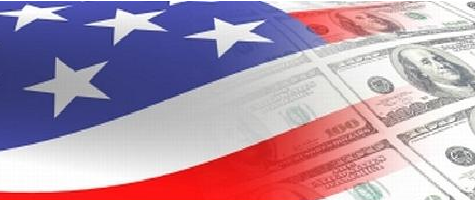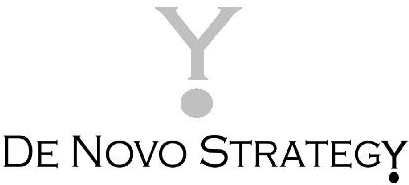De novo banking is always a topic of interest. Industry folks want to know how many new banks are being started and what the consensus is on whether it's wise, in the current environment, to start a new bank. In the first quarter of this year, 38 new banks received permission to open. Annualizing that number indicates a run-rate of 152 for 2008. However, as the financial crisis has deepened, I suspect that the latter half of the year will slow down, such that 2008 will possibly close out with about 100 new bank openings nationwide.
Attendees also discussed the wisdom of starting a new bank in these difficult times. As the question was turned over and thoughtfully discussed, the general opinion was that while capital would be difficult to obtain, starting a bank now would be a good thing. After all, the bottom of a market is normally the right time to enter. And, since it takes 14-24 months to actually open the doors, the economic environment is likely to be much different by the time a bank started today is ready to begin doing business. These factors may be contributing to the encouraging market trends for DCI thus far this year; trends have been up and DCI has seen an increase in its activity.
Islamic Finance was perhaps the most interesting topic discussed. While there are approximately 7 million people in the United States of Muslim heritage, there are very few sources of Sharia compliant banking. A few banks have started offering Sharia compliant residential mortgage loans, but this is a small subset of a larger market. Most Muslims are small business owners and need other sources of small business loans and commercial real estate loans. If a bank is interested in labeling its loans and deposits as Sharia compliant, it must employ an Islamic Scholar to research all the terms of the transactions and compare them with Islamic law to make sure they are valid. Once this is done, the bank can offer its banking products to the Muslim public as "Sharia Compliant." The average Muslim in the U.S. is educated with a bachelor's degree and earns an average income of $67,500. This places this demographic in the highest income bracket of the immigrant population, along with other Southeast Asians. Within this group, the default rate is relatively low, so the opportunity for a bank to place good, profitable financial transactions on the books is strong.
Another topic discussed was how to increase bank loyalty. There were several ideas put forth and one was to offer better financial education, specifically with the goal of matching bank products to customer needs. This ultimately means providing customers with easy-to-understand information about how specific products will help their businesses and what options are available to enhance those products to the customer's advantage. The philosophy of ‘helping someone else get what he truly needs and he will help you' comes to mind here. Banks might consider adding more customized products to the portfolio of customer solutions. Then, give customers the information and ability to pick and choose product features that will contribute to their own success. Ultimately, this is where the community bank will flourish - by building success through its customers. This is easy to talk about and more difficult to implement, but the banks and core providers will have to figure it out.
This leads to the Enterprise Zone marketing ideas. Forty-three states have enterprise zones, each with different tax credits for businesses that operate within these zones. Approximately 95 percent of the tax credits every year go unclaimed, mostly because businesses are unaware that the benefits are available or unaware of how to do the accounting so the credits can be claimed. Often it is a matter of education, on the part of the business owner and its accountant. The bottom line is that there are billions of dollars available and bankers - if they learn how to help their customers - can capitalize on this great opportunity.
There are many workshops, seminars, and conferences that people attend, but the discussions at a BarCampBank are amazingly insightful for all who attend. We want to thank our attendees and wish them the best of success in their endeavors. A sincere thanks also to our sponsors as we greatly appreciate their support; we at De Novo Strategy will certainly plan to sponsor more of these events in the future.
By Wendell Brock, MBA, ChFC


